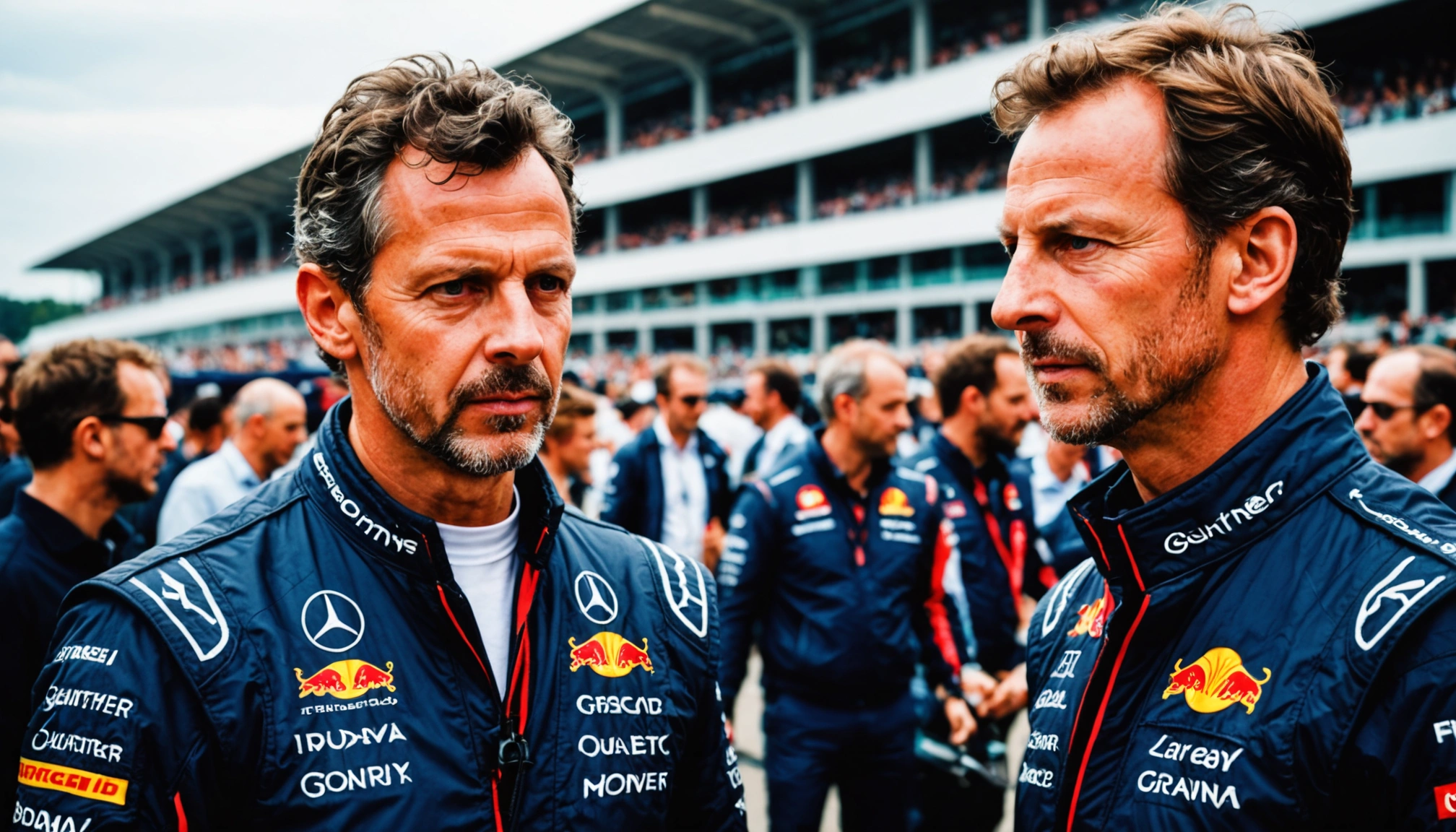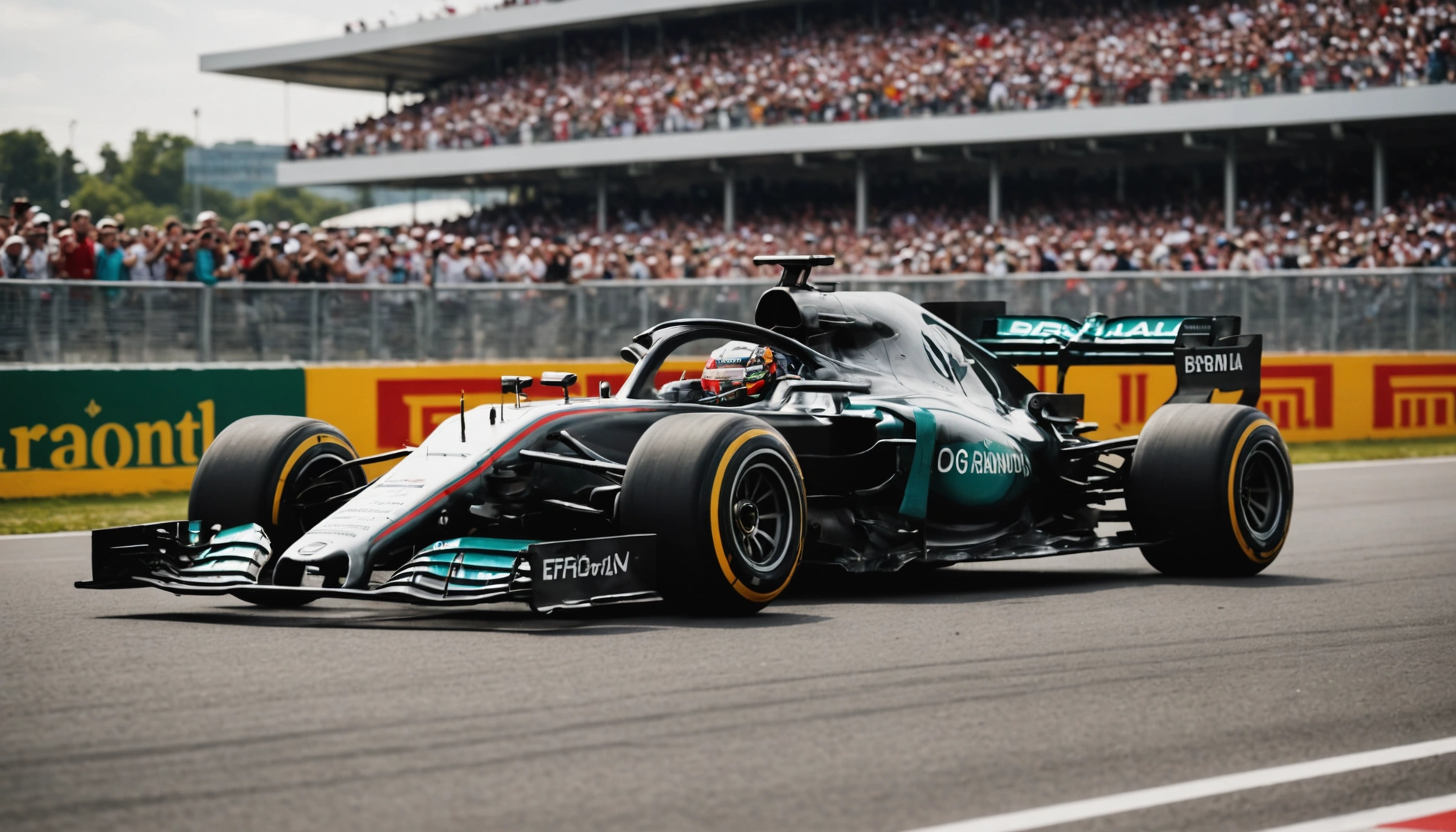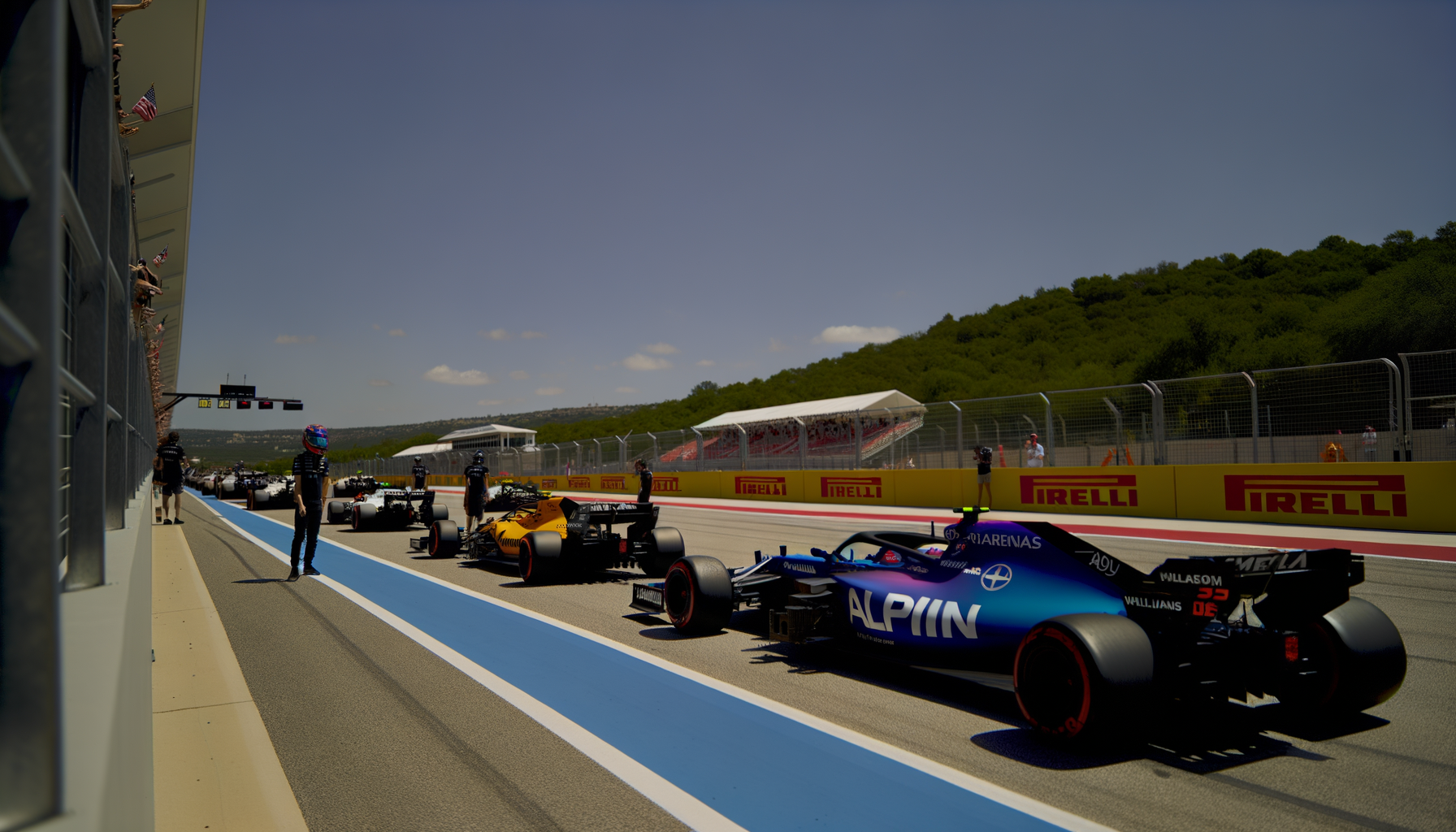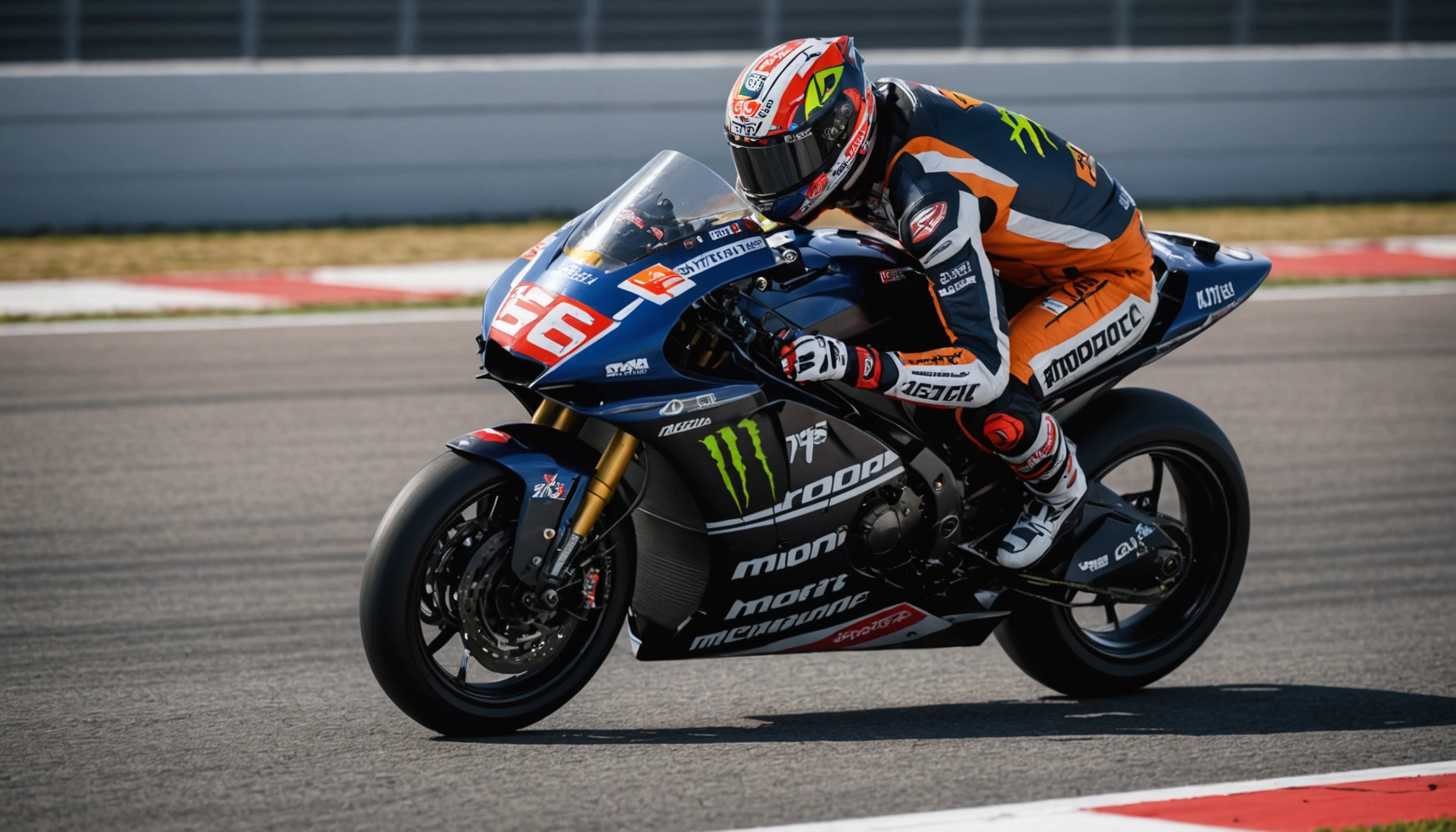Guenther Steiner Refutes Horner’s Alpine Move After Red Bull Agreement
Guenther Steiner dismisses Christian Horner's Alpine move rumours following Red Bull settlement, offering fresh insights into F1 team dynamics and strategies.

By Editorial
Introduction To The Alpine Move Speculation
In the ever-evolving world of Formula 1, team leadership changes often ignite sparks of speculation. Recently, rumours circulated about Christian Horner potentially moving to Alpine following a settlement with Red Bull. However, Guenther Steiner, Alpine’s team principal, has firmly shot down these claims, bringing clarity to the situation and shedding light on the competitive dynamics within F1.
Guenther Steiner’s Statement On The Rumours
Steiner, known for his candid and pragmatic approach, categorically denied any discussions or plans involving Horner’s move to Alpine. In a recent interview, Steiner emphasised the strength and stability of Alpine's current leadership and the importance of focusing on internal growth rather than external distractions. He highlighted how such rumours can unsettle teams and fans alike but insisted that Alpine remains committed to its long-term strategy.
Why Steiner Is Confident About Alpine’s Future
Steiner's confidence stems from Alpine's recent performances and organisational cohesion. Despite the competitive pressures, Alpine has demonstrated resilience and strategic improvements, which Steiner credits to his team’s collective effort. This leadership continuity is crucial, especially when considering the challenges posed by Formula 1’s constantly changing regulations and fierce competition.
Christian Horner’s Role At Red Bull And The Settlement Impact
Christian Horner has been a pivotal figure at Red Bull Racing, steering the team to multiple world championships. The recent settlement between Horner and Red Bull has fuelled rumours about his next career moves. However, insiders suggest that Horner’s expertise is deeply entwined with Red Bull’s culture and operations, making any sudden moves unlikely.
Despite this, the settlement has prompted industry observers to speculate about potential shifts in the F1 leadership landscape. Such speculation is common in motorsport, where strategic decisions off-track can influence on-track outcomes significantly.
The Significance Of Leadership Stability In F1 Teams
Leadership stability in F1 is paramount. Teams like Alpine and Red Bull thrive not only on driver skill but also on consistent management. The synergy between team principals, engineers, and drivers directly impacts race strategy, car development, and overall performance. Steiner’s dismissal of the Horner rumours underscores the value placed on this stability.
Case Studies Of Leadership Moves Influencing F1 Teams
History shows that leadership changes can either invigorate a team or cause disruptions. For example, when Toto Wolff joined Mercedes, the team transformed into a dominant force. Conversely, abrupt changes without strategic alignment have sometimes led to poor results. Alpine’s approach, as articulated by Steiner, leans towards cautious, well-planned leadership continuity.
This approach contrasts with more sensational moves and highlights why Steiner’s message resonates among F1 insiders and fans.
How The Alpine-Red Bull Dynamic Shapes F1 Competition
The rivalry between Alpine and Red Bull is a microcosm of the broader F1 competition — a blend of innovation, strategy, and leadership. Steiner’s comments reflect an understanding that while competition is fierce, maintaining clear boundaries and focus within the team is essential. The Alpine team is currently investing in long-term development projects and driver talent nurturing, signalling a commitment to sustainable success.
For readers interested in broader sports leadership dynamics, examining Molly McCann’s bold move in boxing ambitions and UFC legacy offers a fascinating parallel of leadership and career strategy in sports.
What This Means For Formula 1 Fans And The Future
For F1 enthusiasts, Steiner’s clear rejection of the Horner move provides reassurance about Alpine’s direction. It also highlights the behind-the-scenes complexities that shape the sport beyond the racetrack. Fans should expect Alpine to focus on refining their team performance without distractions from leadership rumours.
Looking ahead, keeping an eye on how leadership stability affects team results will be crucial. Similar insights can be explored in other sports contexts, such as the evolving story of Xiao Guodong retaining the Wuhan Open title, which shows the importance of consistency and focus in competitive sports.
Conclusion: Leadership Matters More Than Rumours
Guenther Steiner’s firm response to the Christian Horner Alpine move speculation underscores the importance of strong, stable leadership in Formula 1. While rumours may swirl, the reality is that team principals like Steiner and Horner play vital, distinct roles within their organisations. For Alpine, the focus remains on growth, performance, and strategic planning. This approach not only benefits the team but also enriches the competitive fabric of F1.
As the sport continues to evolve, fans and analysts alike should appreciate the nuanced interplay of leadership, strategy, and talent that defines the pinnacle of motorsport.
Related topics
Editorial
Sports expert at SportsScoop
Specialist in sports analysis and journalism
Related articles
Want to read more?
Explore our comprehensive collection of sports articles and analysis, or contact us for more information.



